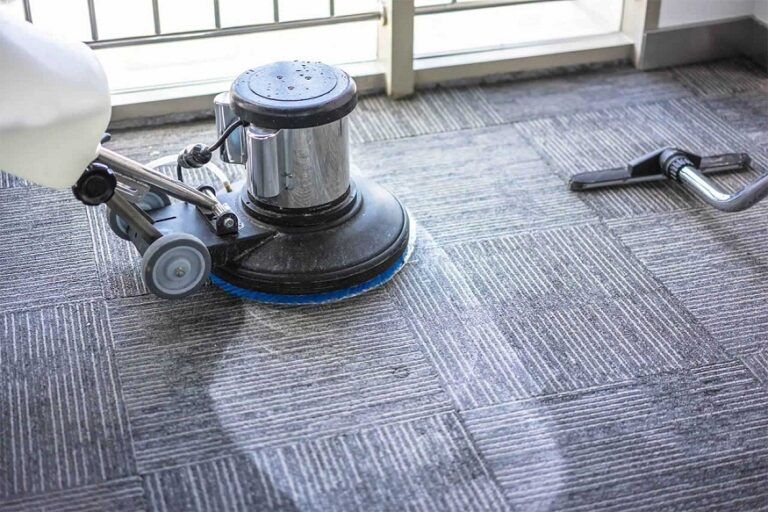Tenant turnover can be a time-consuming and costly concern for property managers and landlords. Empty units mean loss of rental income, as well as the hassle and expense of finding new tenants. As Kanat Sultanbekov points out, the key to avoiding such issues is to keep reliable tenants satisfied and encourage them to renew their leases.
Kanat Sultanbekov marks important tenant retention strategies
All property managers understand that high tenant turnover can be extremely costly for a tenant business. Hence, they must prioritize tenant retention. By exploring ways to keep current tenants satisfied, property managers or owners can save significant amounts of money, and elevate their rental cash flow. Even though finding good tenants requires effort, so does retaining them. Here are a few tenant retention strategies property managers must follow:
- Build a positive relationship with the tenant: Building a positive relationship with the tenants is among the foundational elements of tenant retention. Property managers must maintain a responsive and positive attitude in order to create a sense of respect and trust. If the tenants feel heard and valued, they are more likely to renew their leases.
- Timely maintenance and repairs: To ensure tenant satisfaction, property managers need to be proactive about addressing maintenance and repair requests. A well-maintained property essentially indicates that the property manager actually cares about the safety, convenience and comfort of the tenants. Conducting regular property inspections can aid in identifying potential issues before they become a major concern.
- Lease renewal incentives: Providing incentives for lease renewals is among the most efficient strategies for enticing tenants to stay. Property managers may provide rent discounts or even free a month’s rent. Even though such incentives would incur short term costs, they are generally much less costly than having to deal with tenant turnover.
- Clear and transparent communication: Maintaining clear communication with the tenants is vital for ensuring their satisfaction. Property managers need to make sure that their tenants are well aware of their contact information as well as preferred methods of communication. Regular updates on property-related matters should be sent to the tenants. These updates can range from details of community events to maintenance schedules. Making sure that the tenants are informed can lower the odds of misunderstandings and enhance their overall experience.
- Fair and competitive rent: Property owners and managers must try their best to strike the right balance between rental income and competitive pricing. They should research the local market carefully, to make sure that their rents are competitive enough. In case rents are increased then this should be done in a fair and reasonable manner. One must avoid excessive increases that can drive tenants away.
- Flexibility in lease term: Flexible lease terms can be attractive to tenants. Property managers must consider providing shorter lease duration, such as six-month agreements or month-to-month options, in order to cater to individuals who may prefer not to commit to long-term leases. This adaptability can instill a sense of reassurance in tenants, knowing they have alternatives available should their circumstances alter.
As Kanat Sultanbekov mentions, it would be a good idea to show appreciation for old and reliable tenants through small gestures, like holiday cards or small gifts. Property managers may even organize community events to foster a sense of belonging among tenants. If tenants feel like part of a community, they are more likely to stay.



















+ There are no comments
Add yours